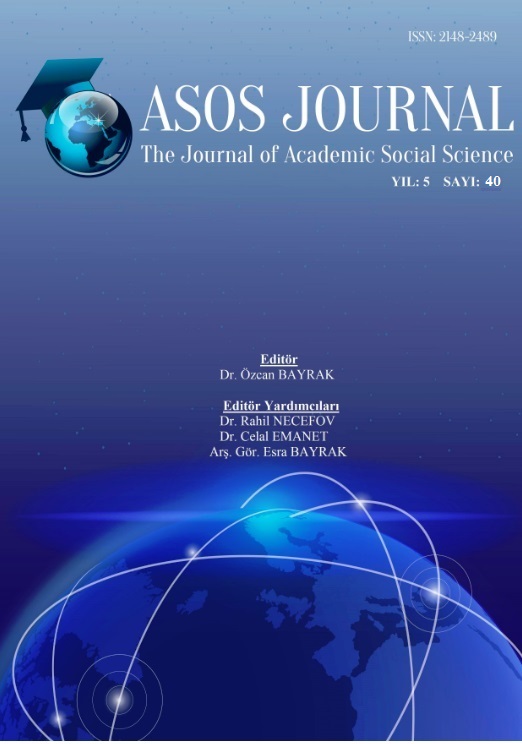Author :
Abstract
İntihal bugünün bilim dünyasında başkasına ait bir bilgiyi kaynak belirtmeden, işaret etmeden kendisine ait gösterme, bu bilgiye eserinde yer verme, bilgiyi aşırma karşılığı olarak daha yaygın kullanılsa da güzel sanatlarda da yüzyıllardır görülen bir uygulama olarak karşımıza çıkmaktadır. Söz konusu
Keywords
Abstract
“İntihal” is a term in today’s academic world in the meaning of plagiarism, that is the use of certain information belonging to someone else as if it is his/her own, giving place to this information in his/her work without specifying its source and pilfering knowledge. It has not been used only in the sense of scientific information theft made without specifying the source. Today, the concept of plagiarism is preferred as a meaning of various levels of stealing that are also made in fine arts. When it comes to texts of the Divan literature, searching plagiarism, involves some special difficulties arising from the nature and internal structure of Divan Literature. The fact that Divan Literature is a parallel literature which is called “nazire” and that some mesnevis have the feature of translations of texts from other languages; the common themes and the dream world of the tradition, the influence of Persian literature (poets), the accusations of the poets towards each other and their attitudes and finally false records in collection of biographies (tezkire) and in public’s memory, all require an approach with a broader perspective with regard to the concept of plagiarism. Given the fact that plagiarism in poetry is discussed under a separate heading in rhetoric and the new approaches to texts are being adopted around new perspectives such as intertextuality, the problem has become multidimensional. It is necessary to know tradition’s own world and terminology better before making any determination as to the plagiarism. Hence, in the study, plagiarism has been considered from different perspectives and the practices in Divan literature has been evaluated in detail. It has been emphasized how plagiarism and its subtitles are viewed in rhetoric, how plagiarism was handled by writers of biographies of poets (tezkire), how legitimate or illegitimate art exchanges in the poet’s environment were evaluated, how poets looked at plagiarism and what kind of terminologies were presented. The study aims at presenting how the tradition, poets, writer of biographies as a critic, and rhetoric evaluate the concept of plagiarism.





